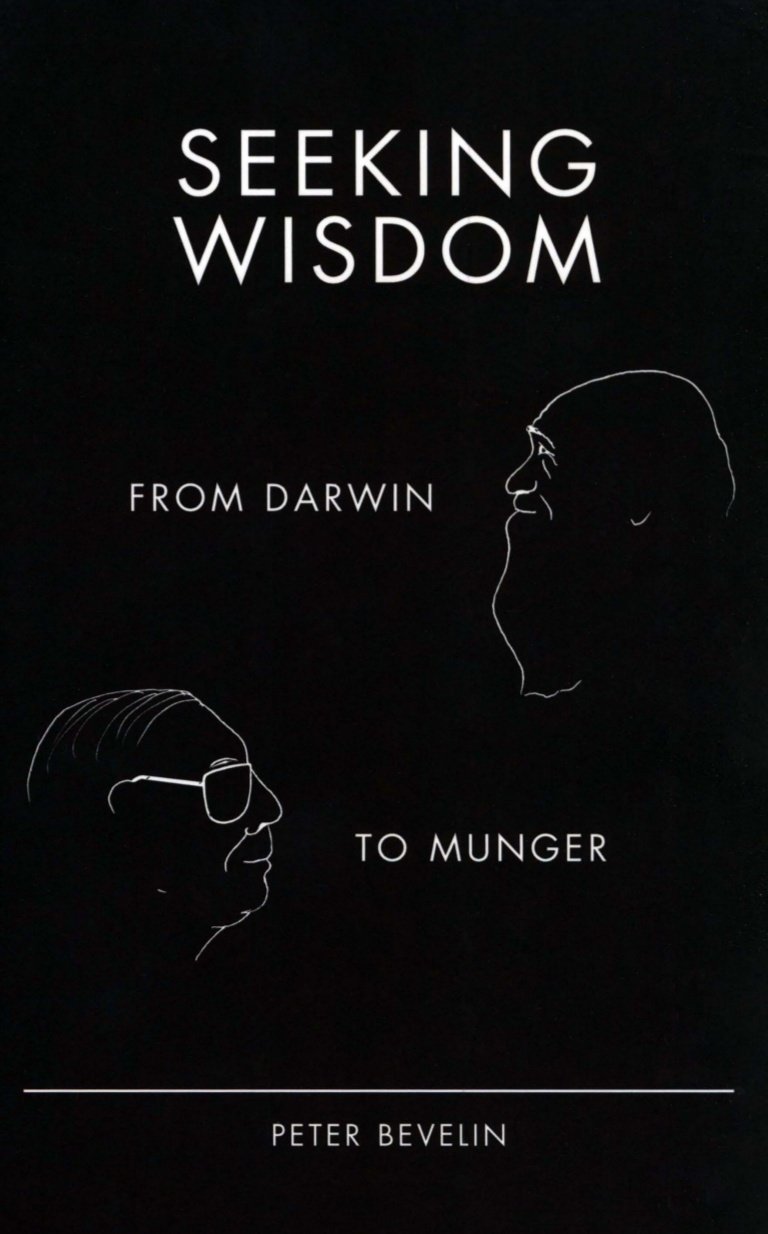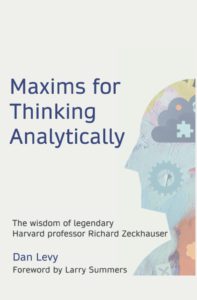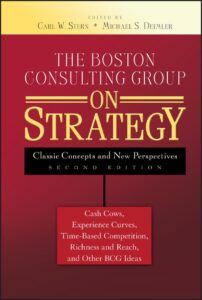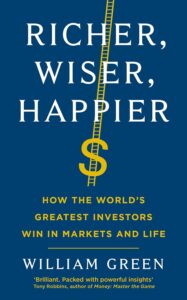Seeking Wisdom: From Darwin to Munger
Seeking Wisdom" delves into the psychological and physical foundations of decision-making, exploring how evolutionary principles and mental misjudgments influence our thinking and behavior, drawing extensively on insights from Charles Darwin and Charlie Munger
Subjects: Decision Making, Psychology
Peter Bevelin’s “Seeking Wisdom: From Darwin to Munger” is a comprehensive exploration of the mechanisms underlying human thought, decision-making, and behavior, synthesized through the lens of evolutionary theory and the insightful reflections of Charles Munger, vice chairman of Berkshire Hathaway. The text is a profound inquiry into the nature of wisdom, offering a detailed examination of the cognitive biases and frameworks that shape our decisions and understanding of the world.
Philosophical and Scientific Foundations: The book is grounded in a multidisciplinary approach, drawing from biology, psychology, economics, and a deep well of historical and contemporary philosophy. It investigates the anatomical and physiological constraints of the human brain, emphasizing how these biological foundations limit and influence cognitive function. By integrating Darwinian principles, Bevelin elucidates how evolution has sculpted our mental processes, favoring survival and reproduction but also predisposing us to systematic errors in judgment.
Psychology of Misjudgments: A significant portion of the text is devoted to exploring various psychological tendencies that lead to misjudgments and poor decisions. Bevelin, inspired by Munger’s famous speech on the psychology of human misjudgment, provides an exhaustive catalog of cognitive biases and heuristics, each illustrated with real-world examples. This section not only serves as a taxonomy of common mental pitfalls but also offers strategies for mitigating their impact.
Tools for Better Thinking: The latter parts of the book transition from diagnosis to prescription, presenting models and frameworks to enhance critical thinking and decision-making. Bevelin emphasizes the importance of interdisciplinary learning, borrowing Munger’s concept of a “latticework of mental models” that integrates knowledge from diverse domains to form a robust understanding of complex problems.
“Seeking Wisdom: From Darwin to Munger” provides exhaustive frameworks and checklists intended to guide the reader through the complex processes of critical thinking and decision-making. These detailed frameworks encompass various aspects of reasoning, aiming to mitigate common biases and errors in judgment that can cloud our thinking and decision-making processes.
Key Highlights from the Checklists and Frameworks:
- Checklists for Effective Decision Making: The book advocates the use of comprehensive checklists to ensure thorough consideration of all pertinent aspects of a problem or decision. These checklists encourage considering big ideas, understanding true meanings, simplifying complex issues, utilizing rules and filters, assessing consequences thoroughly, and basing decisions on solid evidence.
- Issue Analysis: To thoroughly understand an issue, one must identify the core question, determine its relevance and solvability, understand the subject deeply, assess predictability, and recognize the necessity and implications of decisions.
- Understanding and Translation: The emphasis is on translating complex words and ideas into understandable terms, ensuring a clear grasp of their implications and how they interconnect with broader realities.
- Application of Filters and Rules: The book underscores the significance of applying filters and rules tailored to one’s psychological nature, values, and objectives to enhance decision-making effectiveness.
- Goal Clarification and Achievement: It is crucial to define what one specifically wants to achieve, understand the underlying causes and variables, evaluate potential changes, and consider various factors that could impact the achievement of these goals.
- Alternative Evaluation: By carefully evaluating different alternatives, considering their potential consequences, and assessing their likelihood and desirability, one can make more informed choices.
- Consequence Analysis: Understanding the potential consequences, both intended and unintended, of various alternatives allows for a more nuanced approach to decision-making.
- Addressing Bias: The book also delves into recognizing and mitigating biases that might affect judgment, emphasizing the importance of distinguishing between factual judgments and value judgments.
- Evidence-Based Hypotheses: Formulating hypotheses based on desired outcomes and rigorously testing these against evidence and potential consequences is vital for validating one’s decisions.
- Evidence Evaluation: The process involves critically assessing the evidence for or against a particular proposition, considering its reliability, validity, and relevance to the context at hand.
Through these frameworks, “Seeking Wisdom” aims to equip readers with the intellectual tools necessary for thoughtful analysis, problem-solving, and decision-making, advocating for a disciplined, evidence-based approach to understanding the world and making wise choices. This systematic methodology is crucial for anyone looking to improve their cognitive processes and achieve better outcomes in various aspects of life.
Comparative Analysis: Comparatively, “Seeking Wisdom” can be juxtaposed against Daniel Kahneman’s “Thinking, Fast and Slow,” as both delve into the intricacies of human cognition and its fallibility. While Kahneman focuses on the dichotomy between intuitive and deliberative thought, Bevelin provides a broader historical and philosophical context, linking cognitive biases to evolutionary imperatives and offering a more eclectic array of intellectual tools.
Conclusion: “Seeking Wisdom” is a treasure trove of insights, meticulously researched and richly detailed, offering readers a nuanced understanding of the complexities of human thought. Its interdisciplinary breadth, combined with the profound wisdom distilled from Darwin’s evolutionary principles and Munger’s investment acumen, makes it an indispensable resource for anyone interested in enhancing their cognitive toolkit.
For those intrigued by the intersection of psychology, economics, and philosophy, or anyone seeking to refine their decision-making skills, “Seeking Wisdom” is a compelling read, offering enduring lessons on the path to greater understanding and better judgments.




